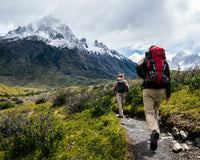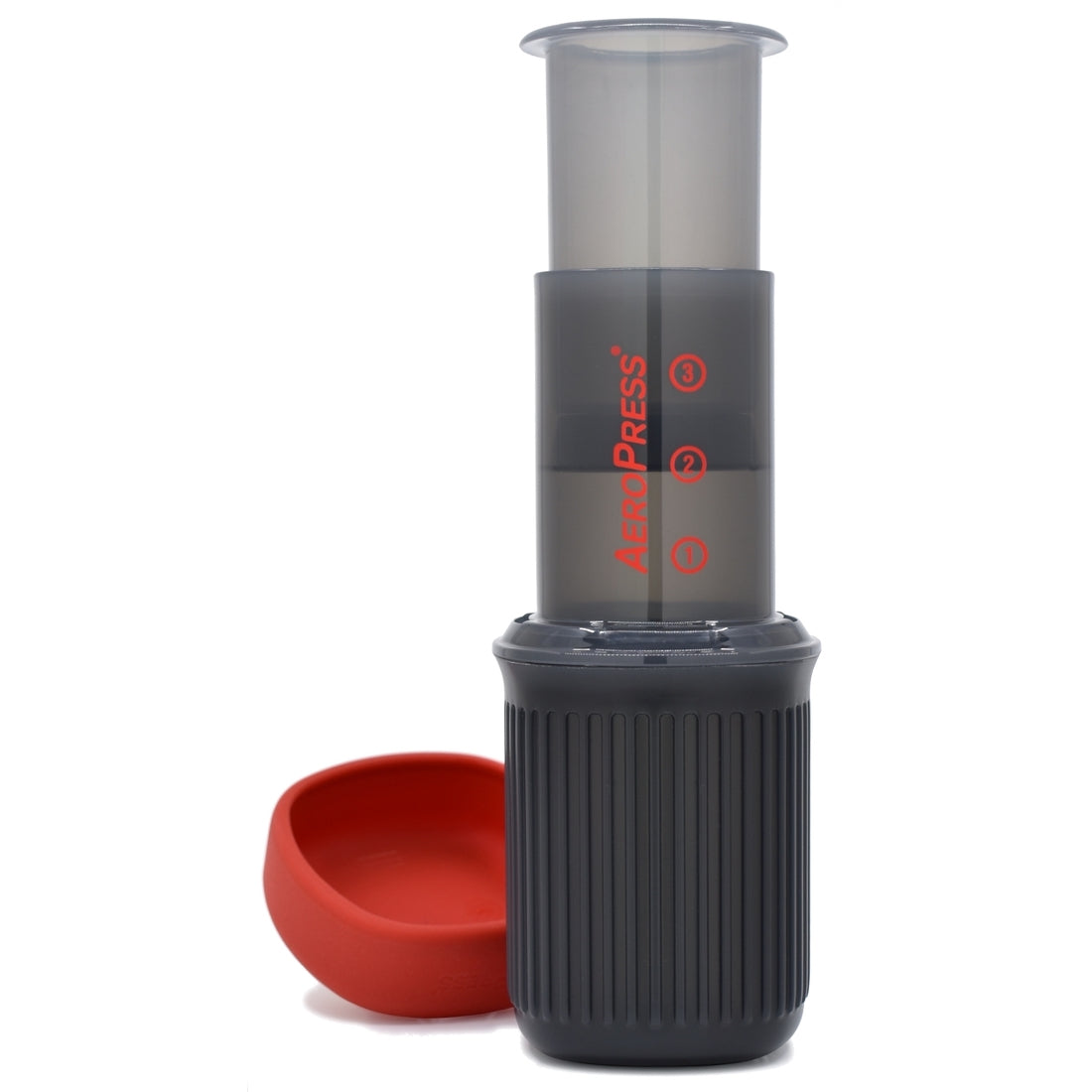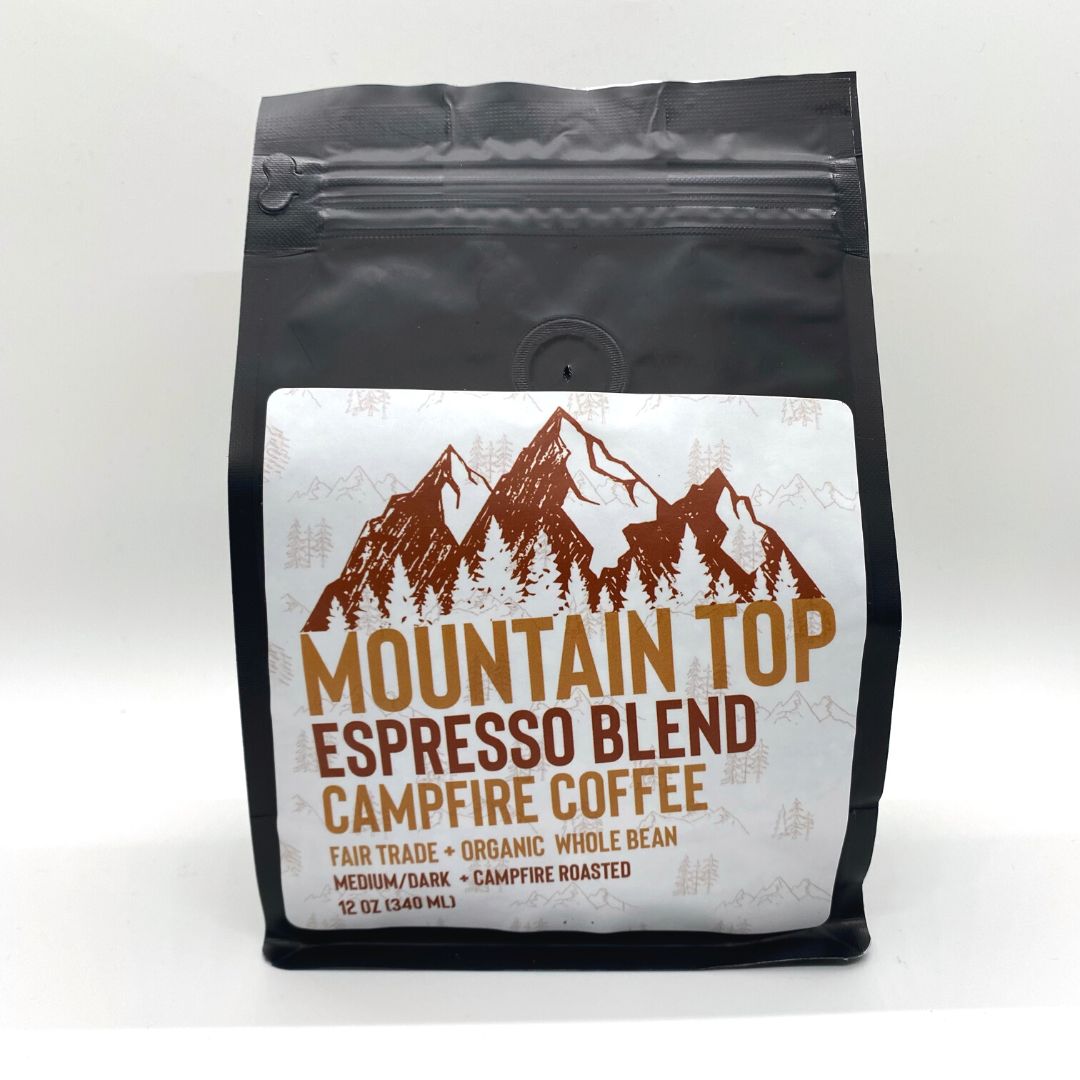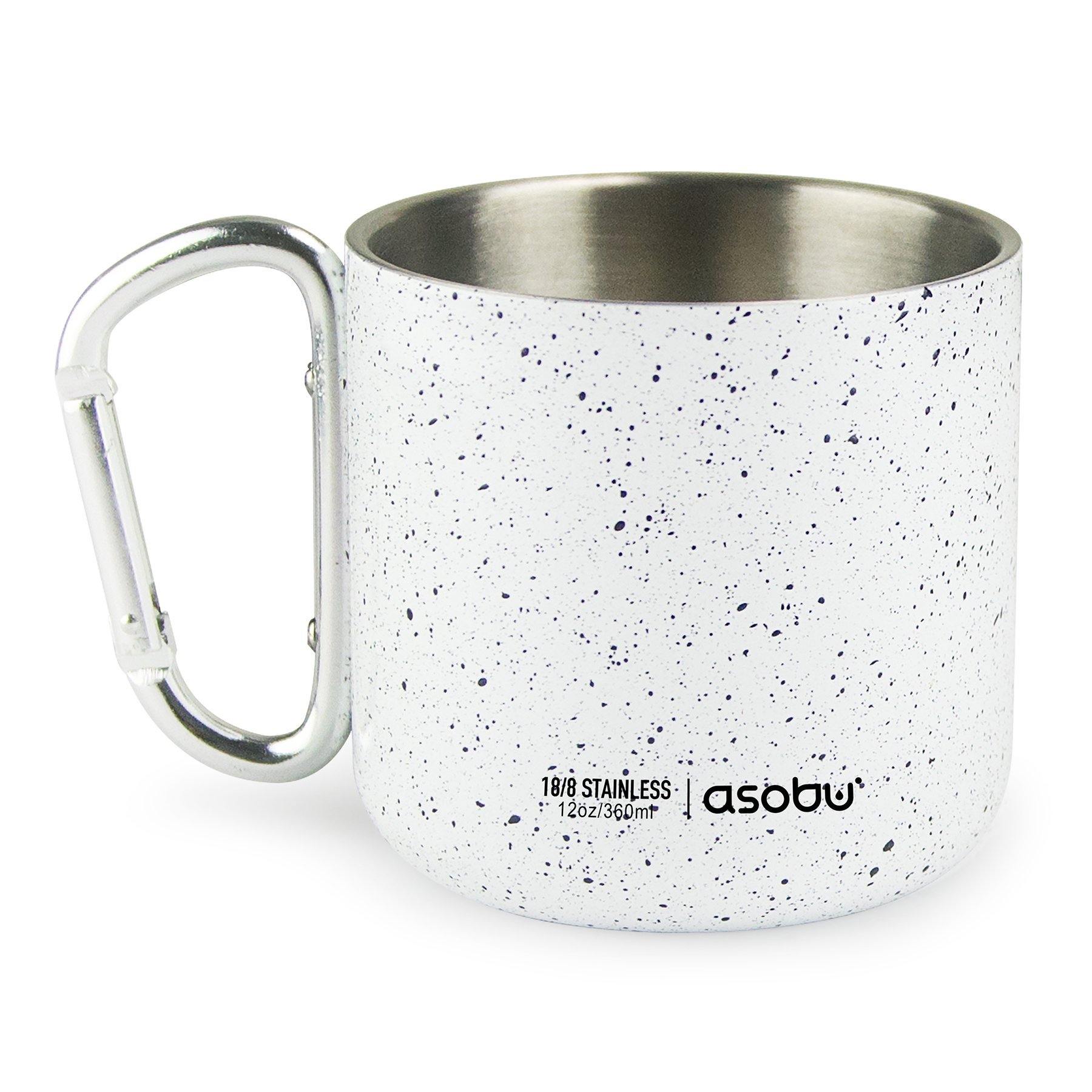Proper nutrition is vital for outdoor enthusiasts to maintain energy levels, recover from physical exertion, and enjoy their adventures to the fullest. In this Defiance Gear Food and Nutrition Guide, we'll explore essential nutrients, types of outdoor foods, meal planning, and tips for preparing and consuming meals during your outdoor activities.
Table of Contents
- Essential Nutrients for Outdoor Activities
- Types of Outdoor Foods
- Meal Planning for Outdoor Adventures
- Food Preparation and Consumption Tips
Essential Nutrients for Outdoor Activities
When engaging in outdoor activities, it's important to fuel your body with the right nutrients to maintain energy levels and support recovery:
- Carbohydrates: Carbohydrates are the body's primary source of energy, providing fuel for muscles and the brain. Opt for complex carbohydrates like whole grains, fruits, and vegetables for sustained energy release.
- Protein: Protein is essential for muscle repair, recovery, and growth. Include lean sources of protein like poultry, fish, beans, and outdoor meals.
- Fats: Fats provide long-lasting energy and are crucial for maintaining body temperature and cushioning vital organs. Incorporate healthy fats like avocados, nuts, seeds, and olive oil into your diet.
- Vitamins and Minerals: These micronutrients support various bodily functions, including immune system function and energy metabolism. Consume a variety of fruits, vegetables, and fortified foods to ensure adequate intake.
- Hydration: Proper hydration is essential for maintaining optimal performance and preventing heat-related illnesses. Drink water consistently throughout the day, and consider electrolyte-replenishing drinks during prolonged or strenuous activities.
Types of Outdoor Foods
There are several types of foods suitable for outdoor activities, ranging from lightweight, non-perishable options to more substantial meals:
- Energy Bars and Snacks: These portable, convenient, and calorie-dense options are perfect for quick energy boosts during hikes, climbs, or other activities.
- Dehydrated and Freeze-Dried Meals: Lightweight and easy to prepare, these meals offer a variety of flavors and nutrients to keep you fueled on the trail. Just add hot water and enjoy.
- Trail Mix and Nuts: A classic outdoor snack, trail mix and nuts provide a balance of carbohydrates, protein, and fats for sustained energy.
- Fresh Foods: Depending on the duration of your adventure, incorporating fresh fruits, vegetables, and perishable items can add variety and essential nutrients to your meals.
Meal Planning for Outdoor Adventures
Proper meal planning is key to ensuring you have enough food and nutrients for your outdoor activities:
- Calculate your caloric needs: Consider the duration, intensity, and environmental factors of your adventure to estimate your daily caloric requirements.
- Plan balanced meals: Aim for a mix of carbohydrates, protein, and fats in each meal, and include a variety of fruits and vegetables for optimal micronutrient intake.
- Consider weight and space limitations: Select lightweight, compact, and non-perishable food options that can be easily packed and carried in your backpack.
- Account for cooking methods and equipment: Plan meals based on the cooking equipment you'll have available, and familiarize yourself with any required preparation techniques.
- Include snacks and emergency rations: Pack additional snacks and emergency food supplies to account for increased hunger or unexpected delays.
Food Preparation and Consumption Tips
Follow these tips for preparing and consuming your outdoor meals:
- Practice Leave No Trace principles: Minimize your impact on the environment by packing out all trash and food waste, and avoid cooking near water sources.
- Conserve fuel: Optimize cooking efficiency by using a windscreen, cooking in batches, and soaking dehydrated meals before cooking.
- Store food properly: Use bear-resistant containers or hang food in a bear bag to protect your supplies and minimize wildlife encounters.
- Maintain proper food hygiene: Wash your hands before handling food and avoid cross-contamination by using separate utensils for raw and cooked items.
- Monitor portion sizes: To prevent food waste and ensure you have enough supplies for your entire trip, pay attention to portion sizes when serving meals.
- Stay flexible: Be prepared to adapt your meal plan based on changing conditions, such as weather, availability of water, or changes in appetite.
Conclusion
Proper nutrition is crucial for enjoying your outdoor adventures to the fullest. By understanding the essential nutrients required for outdoor activities, selecting suitable food types, and following proper meal planning and preparation guidelines, you'll be well-equipped to fuel your body throughout your journey. Visit Defiance Gear's Essential Outdoor, Hiking, and Camping Gear Questions Answered for more outdoor gear recommendations, tips, and insights to help you make the most of your outdoor experiences.
function backToTop() { document.documentElement.scrollTop = 0; document.body.scrollTop = 0; } window.onscroll = function () { showBackToTopBtn(); }; function showBackToTopBtn() { var backToTopBtn = document.getElementById("backToTopBtn"); if (document.documentElement.scrollTop > 100 || document.body.scrollTop > 100) { backToTopBtn.style.display = "block"; } else { backToTopBtn.style.display = "none"; } }









1 comment
Extreme Arizona
This guide isn’t just about what to eat; it’s a comprehensive roadmap for individuals to optimize their nutrition, ensuring they get the most out of their outdoor experiences. Your commitment to the well-being and enjoyment of outdoor enthusiasts is evident throughout, making it a standout resource in the realm of outdoor nutrition. Fantastic work!